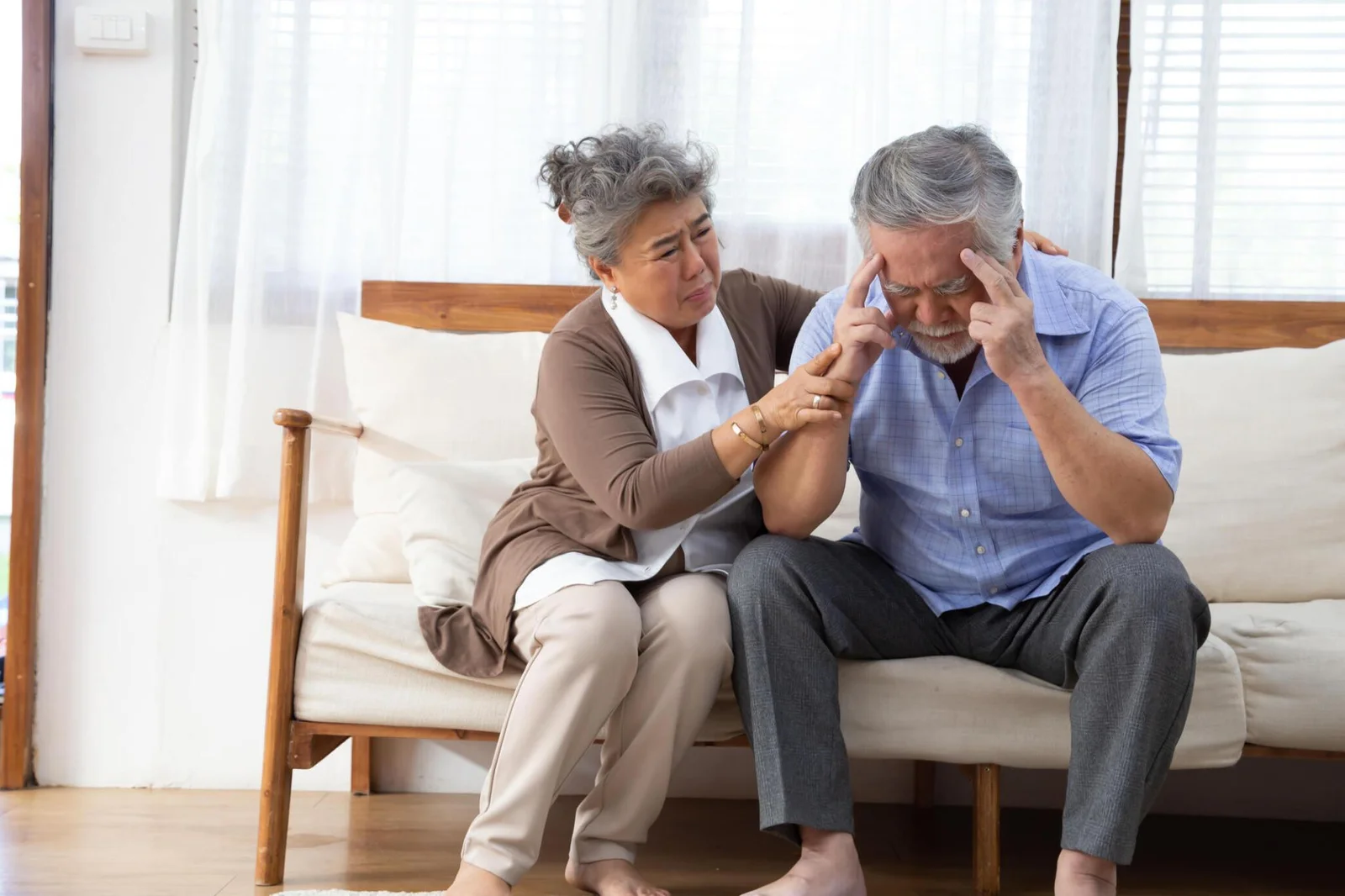Archives

Understanding Parkinson’s Disease: How Our Caregivers Make a Difference
Parkinson’s, a progressive neurological disorder, presents symptoms often starting around age 60. These symptoms are attributed to a depletion of dopamine-producing cells in the brain.
This World Parkinson’s Day, let’s take a moment to learn about the impact of Parkinson’s Disease and the vital role of caregiver assistance in managing its challenges. At Lifecare Home Healthcare, we recognize the unique needs of individuals battling Parkinson’s and offer dedicated support to enhance their quality of life.
Symptoms of Parkinson’s Disease:
Tremors: Involuntary shaking movements, typically most noticeable at rest and affecting the hands, arms, legs, or face.
Rigidity: Stiffness or inflexibility in muscles, causing discomfort, pain, and difficulty with movement.
Slowness: Reduced speed of movement, including difficulty with initiating movement, walking, and performing everyday tasks.
Coordination issues: Impaired coordination and balance, leading to unsteady gait, frequent falls, and difficulty with fine motor skills.
Postural instability: Difficulty maintaining an upright posture, often resulting in stooped or hunched-over posture and increased risk of falls.
Caregiver Assistance:
Assistance with activities of daily living, including personal care and hygiene: Caregivers provide hands-on support with tasks such as bathing, grooming, dressing, and toileting, helping individuals with Parkinson’s maintain personal hygiene and dignity.
Medication management and monitoring: Caregivers ensure individuals with Parkinson’s take their medications as prescribed, monitor for any side effects or complications, and communicate with healthcare providers as needed.
Physical therapy exercises to improve mobility and flexibility: Caregivers assist individuals with Parkinson’s in performing prescribed exercises and mobility drills to improve strength, flexibility, balance, and coordination.
Emotional support and companionship to reduce feelings of isolation: Caregivers offer empathetic listening, encouragement, and companionship, helping individuals with Parkinson’s cope with the emotional challenges of the condition and maintain social connections.
Home safety assessments and modifications to prevent accidents: Caregivers assess the home environment for safety hazards, implement fall prevention strategies, and make necessary modifications to promote independence and reduce the risk of accidents.
Contact Lifecare Home Healthcare to learn more about how we provide holistic care and support to individuals living with Parkinson’s Disease, ensuring they navigate their journey with dignity, comfort, and companionship.


